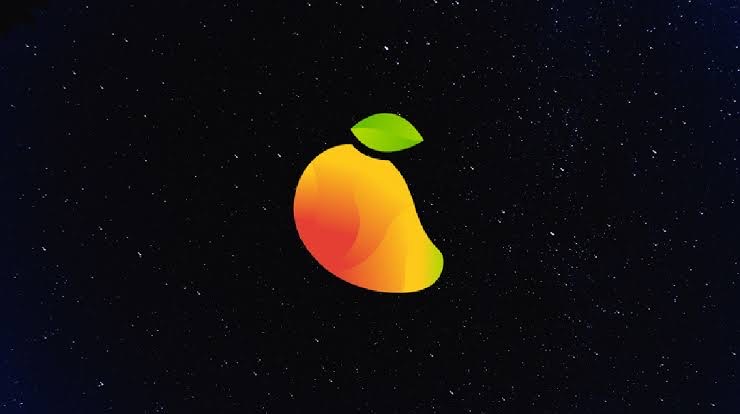The platform is preparing a new version of the platform for the decentralized exchange to improve its security as the exchange has not been operational since its October attack.

Mango Markets, a decentralized exchange powered by the Solana blockchain and focusing on reducing current security issues, has unveiled two new features ahead of the launch of version 4.
Mango hasn’t been operational since an October exploit caused $114 million to be taken out of the exchange after its price oracles were tampered with.
Mango will place new restrictions on the multi-sig wallet in an effort to prevent more attacks, enabling the programmers to react to “unexpected market dynamics” and any coding flaws.
“All other changes to the program need to be approved by all holders of the DAO,” the exchange said in a tweet, using the acronym for a decentralized autonomous organization.
Mango’s security council has the authority to switch the protocol into “post-only mode” in order to restrict deposits, purchases, loans, and position growth in the event of unanticipated market conditions. The DAO can then decide to compel settlement, suspend trades, or modify risk parameters.

MNGO, the native token of Mango Markets, was subjected to manipulation by hackers who took advantage of weaknesses in the smart contract system. The exploiters were able to profit from the situation because there was no single organization in charge of regulating the exchange.
Perpetual swaps, a sort of futures trading that allows users to maintain their positions open, were used by Avraham Eisenberg to influence the price of MNGO tokens on the DeFi platform of Mango Markets using two separate accounts.
Eisenberg was able to increase the token’s price by 1300% in just 20 minutes, generating a substantial profit. Yet as a result, the value of MNGO tokens fell precipitously, falling to barely 2 cents, forcing Mango Markets to halt its operations that day.
The exchange, which handled more than $28 billion in transactions from its inception until it was shut down, is anticipated to launch its v4 product into beta mode in the upcoming months, though an exact date has not yet been determined.